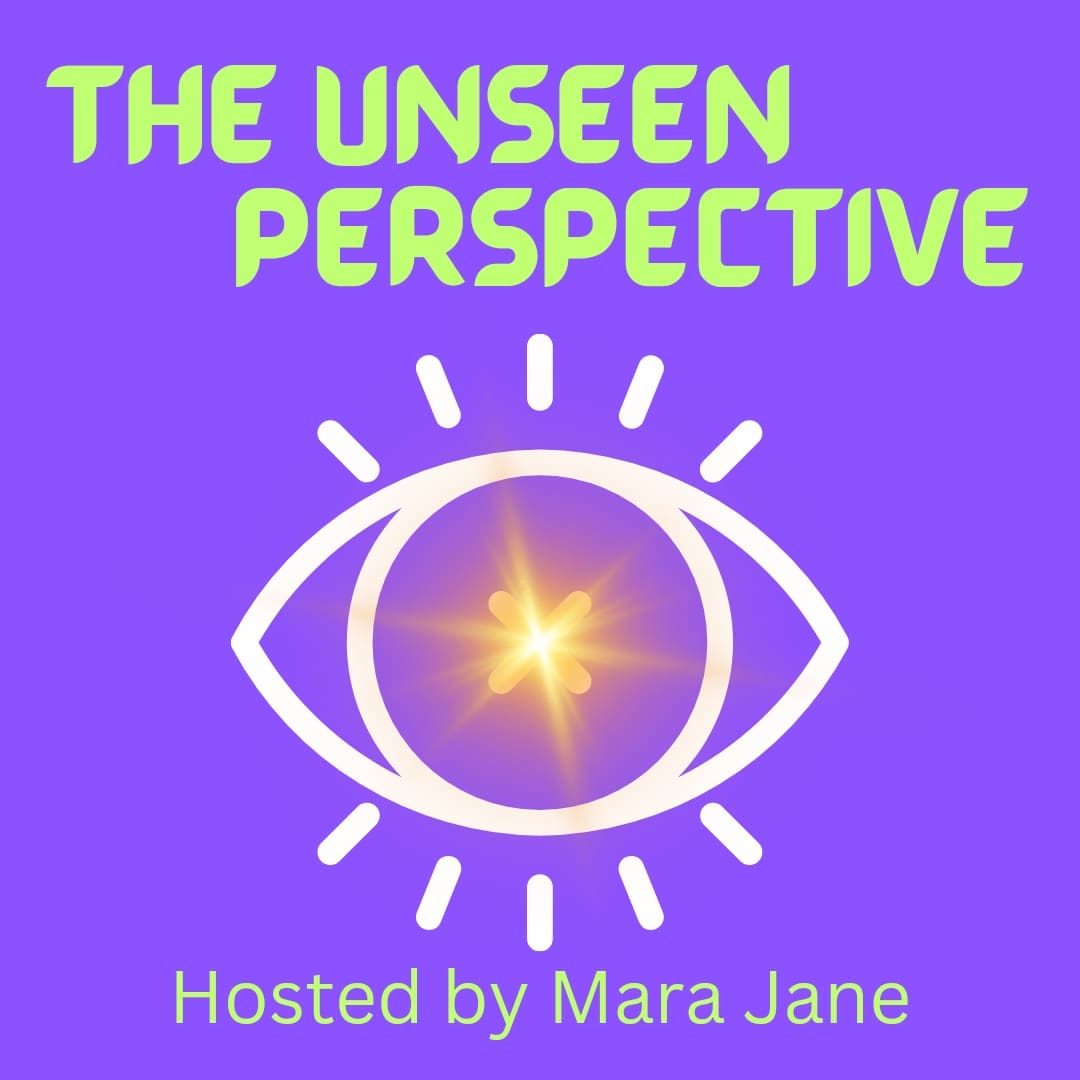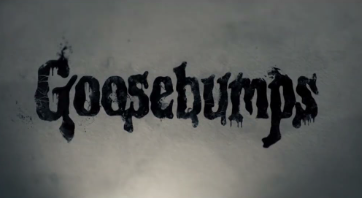The 5 Stages of Grief: Healthy vs Unheathly grief habitats

February 6, 2023
Just as joy is common, so too is sorrow. In life, the only thing certain is death and taxes. But when someone close to you passes away, such as a family member, pet, friend, etc, we find ourselves in grief.
To feel upset is perfectly healthy and expected. We don’t just grieve because of death, we also can grieve for any sad or life-altering moment. During these moments, professionals say, we enter the “5 stages of grief,” you most likely have heard of this. Now, everyone will experience these stages differently, some don’t even go through every step. Sometimes each stage will also have different lengths and different impacts.
The first stage is Denial. Denial does not always mean denying that what happened happened, it could be more dissociative. Oftentimes people in this stage will begin to avoid people, be easily distracted, and constantly affirm to people that they “are fine.” A healthy way to cope with this is to take your own time to accept this. Take time to process what has happened and how you feel. However, an unhealthy way to deal with it is to deny your emotions and not tell anyone. In our culture, especially if you are male, you are taught to keep emotions to yourself, but that is extremely unhealthy.
The next stage is anger. Anger is expressed in different ways and it’s usually anger and frustration at people around you and yourself. It can show up as sarcastic and pessimistic behavior, or increased aggression and violent outbursts. You may feel frustrated and impatient like things are falling apart and no one is helping you. Again, a healthy way to express anger is to talk to people and not bottle it up. Sometimes activities can help relieve anger, especially ones that are calming and you enjoy, but expressing anger by violence and attacking friends and loved ones verbally can cause you to break or damage your relationships.
Next is Bargaining. I feel this name is a bit misleading because you aren’t really trying to bargain with people, more so you begin to think about what you could have done. You will reminisce on the past and what you could have changed, you compare yourself to others, especially those also experiencing loss. It’s an overwhelming feeling of shame and blame. It can get to the point of judging others just as harshly. The best way to treat this is to talk to people. Grief is isolation and sorrow, so discussing it with people and having interactions help you to get through it.
The next stage is depression. Depression is the most well-known of the stages, a general sadness, but no two people are the same and depression is expressed differently. You could begin to not eat or sleep, or overeat and sleep. You may start to withdraw from social situations and friend groups. You begin to feel tired and drained during the day despite not doing anything. You feel hopeless and numb. Many people suffer from depression, and grief driven depression can spiral into clinical depression. Therapy is a good way to discuss this. You aren’t crazy for needing help or a professional to talk to about, but again, if you don’t treat yourself, you can end up hurting yourself and others by distancing yourself
The last stage is Acceptance. Is not necessarily not being sad anymore, but it is accepting both the sorrow and yourself. You are present in the moment, and you realize that you can’t change things, but you can forge a path for yourself to continue. Life goes on, and you can’t linger in the one spot of it that is your sorrow. It is not the end of grief, more like the start of the rest of your life.
If you or a loved one may be experiencing grief of any kind, talk to a trusted friend or family member, but sometimes seeking professional help is the best option.













